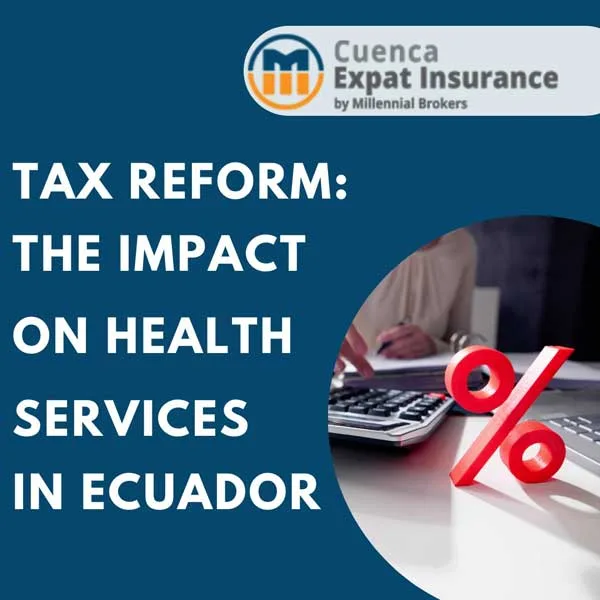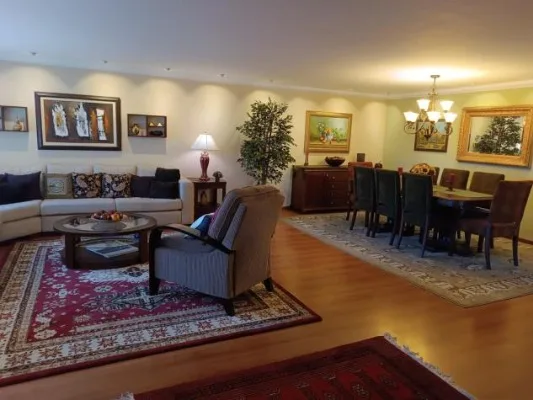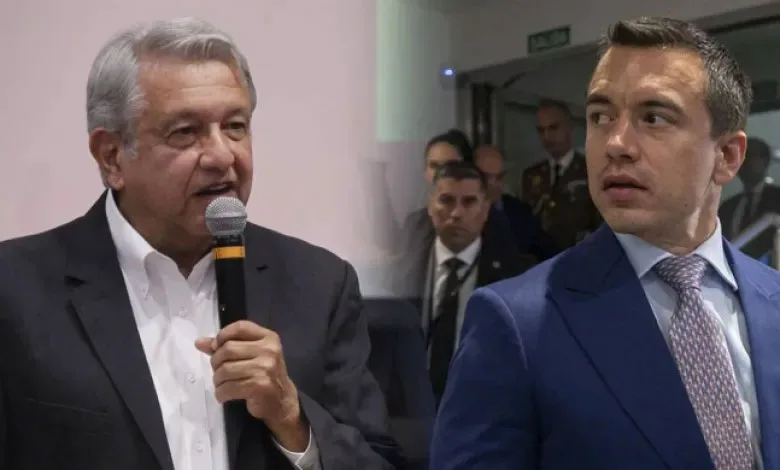Is it near the end? How to speak with your doctor about hospice
By B.J. Miller
As a hospice and palliative medicine physician, my job is to help reduce suffering. At the end of life, that job becomes especially intense when time is short, when machines and data seem to be taking over, and so many intense emotions surround a body that is trying to die.
But here in that narrow trench, both providers and patients do have power to shape their experience together, especially if they take the time to have a few crucial conversations. In the spirit of palliation, here are a few things, as a physician, I wish I could share more often with patients and their caregivers.
You don’t need to be dying to receive palliative care
In hospitals, it is still common for palliative care clinicians to be pulled aside by a well-meaning though misinformed nurse or doctor who says, “This poor family is miserable, but they’re not ready for palliative care yet.” They imply that either the patient is not dying, or the patient does not realize that he or she is dying. But what this statement does is to conflate hospice or end-of-life care with palliative care. Palliative care is an approach, framed within the context of serious illness, where easing suffering is the goal. So, you just need to be sick and suffering to qualify for palliative care, not necessarily dying any time soon. Don’t be afraid to say you want it.

Don’t wait for your doctor to bring up hospice
Doctors tend to wait too long to acknowledge when death is close. And as research has made clear, the closer we feel to the patient, the more wildly we overestimate their prognosis.
The median length of stay in hospice care in the United States is 24 days.
As a rule, this is too short. So here’s an inside tip for patients and loved ones starting to wonder about hospice. In an effort to get primary physicians to think sooner about recommending hospice, researchers came up with the “surprise question.” As in: “Doctor, would you be surprised if your patient died within a year?” If the answer is no, then that doctor should start considering a referral to hospice. But there is nothing stopping you from asking the surprise question yourself. If you live with advancing chronic illness and are thinking about how you want your life to go, you might turn the table and ask: “Hey doc, would you be surprised if I died in the next year?” This is a good and bold way to open an honest dialogue with your doctor and get the sort of support you need.
The healthcare system is wired to extend physical life, without much regard to the psychological, spiritual, or financial costs. With advances in technology, we are able to prop up a body practically indefinitely. And it’s well known that doctors tend to presume you want aggressive care, even when care geared toward your comfort may be more in line with your wishes. Unless you say otherwise, the doctor’s presumption rules the day. This means that at some point you may need to say “no” to that next treatment. So be sure to look up now and again and check that the care you’re getting is the care that suits you.
It’s OK to laugh
In my book, “A Beginner’s Guide to the End: Practical Advice for Living Life and Facing Death,” someone tells of their stepfather wearing a shirt that read, “I’m so old I can’t find my own nuts,” with a doodle of a squirrel on it. His dying wish was to make his daughter laugh, and it helped both of them immensely. To honor him, she buried him in that shirt, sealing his personality in death as it had been in life. Illness isolates people, not just physically. When we get sick, people around us start censoring themselves. The solemnity is supposed to be a form of kindness, perhaps, but it can feel more like yet another loss, almost a premature death. As patients and caregivers know, illness and its indignities offer plenty of rich material for humor. The joke is only on us if we don’t find some way to laugh back. 
Those guardrails on the hospital bed go down
Dr. Marianne Matzo is a PhD nurse who researches sexuality at the end of life. She told me a story about a patient who died in his hospital bed while he and his wife were in the middle of oral sex. Dr. Matzo tells this story as a triumph rather than a tragedy: The couple had found a way to maintain intimacy until his last breath. We are still living when we are dying. When those guardrails go down, it is possible to cuddle or caress one another. Those moments are about feeling connected, sexually or otherwise, and finding ways to be in that body while you have it. They are about reminding yourself and each other that you are still here, both of you, able to love and be loved. This is how healing works, and it is very much possible to be healed — to be whole — even as your body falls apart.
To the caregivers: Don’t be afraid to leave the room
In their final days and hours, dying people are usually in and out of consciousness; even when awake, they are often delirious. That means your loved one might say or do things that are completely out of character. Behavior ranges from sweet to insufferable. I met an elderly woman at a conference once who nervously relayed the story of her husband hurling strange and vulgar accusations before losing consciousness for good. Now there was trauma on top of sorrow. I wish someone had told her earlier about the very normal condition of deathbed delirium.
I also wish that caregivers knew it was OK to leave their loved one’s bedside. How many times will they have spent hours gathered in the room, not eating or sleeping for days, barely blinking, not wanting to miss that last breath, only to have the person die just when they nod off or use the bathroom?
As any hospice worker can tell you, this is also a well-known phenomenon. It’s almost as if the presence of others — especially deeply loved ones — gets in the way of the dying person’s final step. That big moment may need to happen alone. What dying people seem to need at the very end is to know that the people they love are going to be OK; that life will go on and that you — the person they care for — will be able to take care of yourself. So, the kindest thing you can do is to demonstrate that care by leaving the room when you need to. Just be sure to give a kiss and know that it may have to be the last.
_______________________________________
B.J. Miller, M.D. is a hospice & palliative medicine physician who sees patients and families at the UCSF Helen Diller Family Comprehensive Cancer Center. Miller’s career has been dedicated to moving healthcare towards a human-centered approach and he advocates for this on a policy as well as personal level. He is the co-author of “A Beginner’s Guide to the End: Practical Advice for Living Life and Facing Death.”
Credit: CNN.com

















